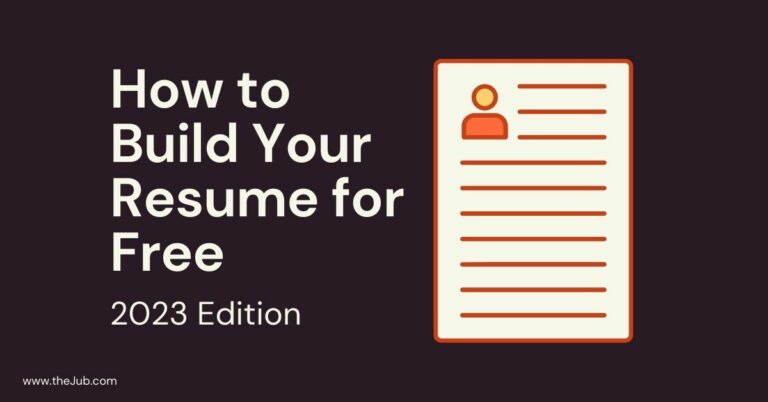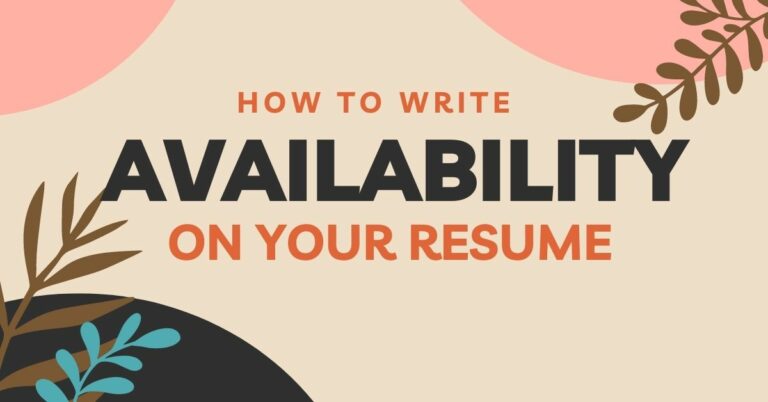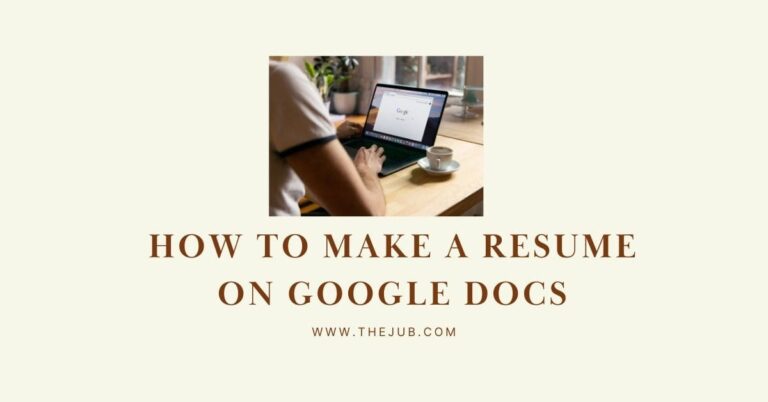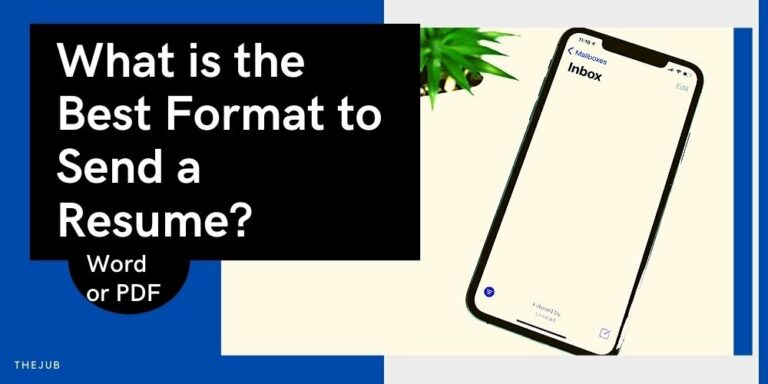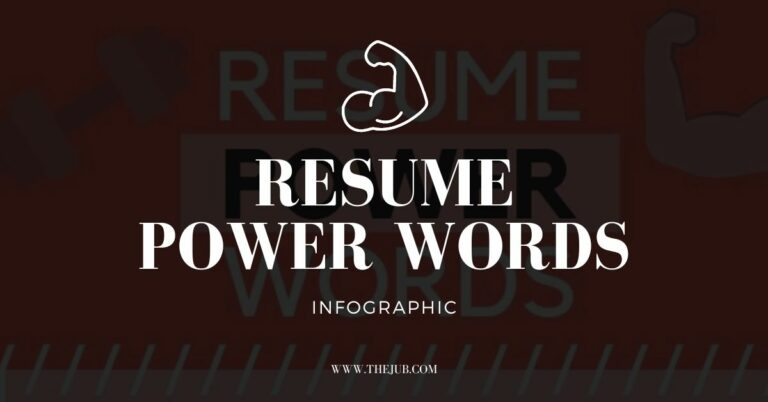Do You Need a Resume for Your First Job?
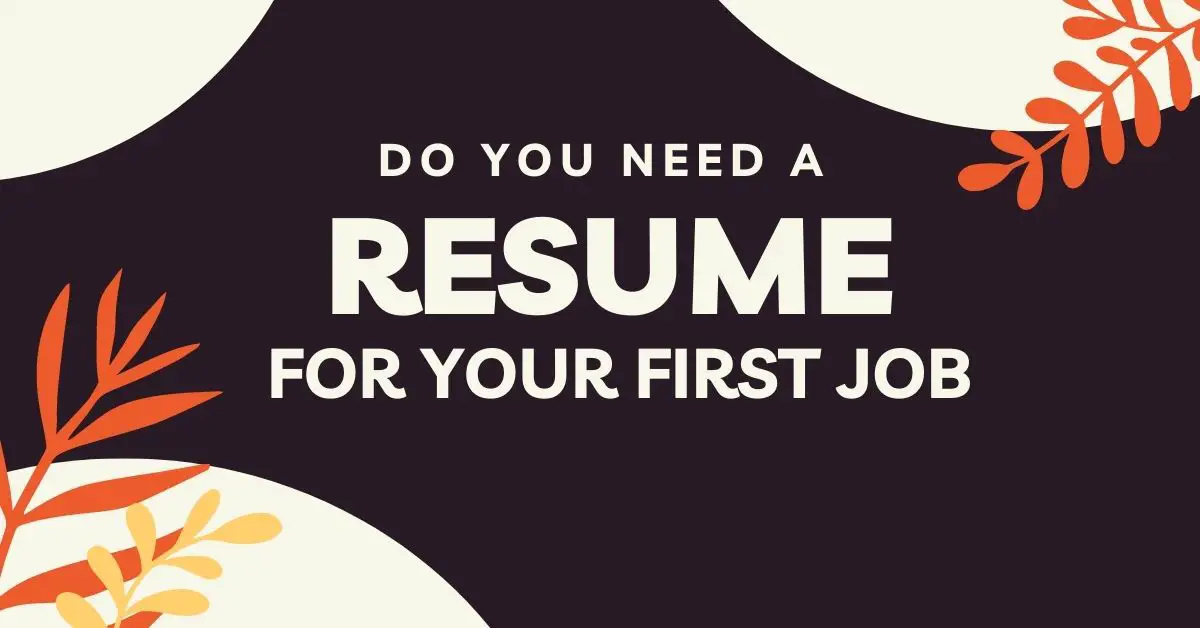
Stepping into the professional world for the first time can be a daunting experience. As if navigating the unfamiliar world of job hunting isn’t enough, you might be wondering, “Do you need a resume for your first job?”. We have the answers.
The Short Answer? Yes, You Do!
Right off the bat, let’s clear the air. Yes, you need a resume for your first job, even if you have no prior work experience. While this might seem counterintuitive, remember that a resume isn’t just a list of past job roles. Instead, it’s a showcase of your skills, your abilities, and your potential.
Why a Resume is Essential for Your First Job
Your resume serves as your professional introduction. It’s an opportunity to demonstrate your qualifications and potential to prospective employers. Your resume conveys your educational background, relevant skills, and other valuable experiences that can benefit your employer.
Even if you don’t have previous work experience, a well-crafted resume can highlight your strengths, enthusiasm, and willingness to learn – all attractive attributes to any potential employer.
What to Include in Your First Resume
So, now that we’ve established the importance of a resume, let’s look into what exactly you should include in your first one.
Contact Information
First things first, your contact information should be visible at the top of your resume. This includes your full name, address, phone number, and professional email address. Make it easy for potential employers to get in touch with you!
Objective Statement
Next, you should include an objective statement. As someone without prior work experience, an objective statement can convey your career aspirations and the value you can bring to a company. Make it clear, concise, and focused on how you can contribute to your prospective employer’s success.
Education
This is where you detail your educational background. List your high school or college, along with any academic achievements or relevant coursework you’ve completed. If you’ve graduated with honors or have a high GPA, don’t be shy about mentioning it!
Skills
Your skills section is a critical part of your resume. You may not have job experience, but you can certainly highlight your skills. Maybe you’re a whizz at Microsoft Office or developed strong communication skills through extracurricular activities. Include any skill you possess relevant to the job you’re applying for.
Activities and Experiences
Extracurricular activities, volunteering, or projects can all be included here. These experiences can help demonstrate your commitment, leadership skills, and ability to work as part of a team. For instance, if you were part of a school club or managed a fundraising event, be sure to mention it!
Tips and Tricks for Writing Your Resume
It’s one thing to know what to put on your resume, but how should you present it? Here are some tips and tricks to help you craft an impressive first resume:
Be Concise: Your first resume should ideally be a single page. Keep it short, sweet, and to the point, focusing on your most impressive and relevant achievements.
Use Action Words: Using action words like “led,” “managed,” and “developed” can help bring your experiences to life and show your potential employer that you’re a go-getter.
Proofread: Always, always proofread your resume before sending it off. Spelling mistakes or grammatical errors can give a bad impression. If possible, ask someone else to read it, too – a fresh pair of eyes can often spot something you’ve missed.
Customize: Customize your resume for each job you apply for. Tailoring your resume shows the employer that you have a genuine interest in the role and that you’ve taken the time to understand what they’re looking for.
Wrapping Up
So, do you need a resume for your first job? Yes, without a doubt! Your resume is your golden ticket to introducing yourself to potential employers and showing them what you can bring to the table.
Remember, a great resume isn’t just about your experience. It’s about showcasing your skills, potential, and readiness to take on the professional world. So go ahead, start crafting your first resume, and get ready to land that dream job!
Author: Becky is a contributor for theJub. She’s a writing and talent acquisition specialist who loves to apply her skills through creative writing and editing.

